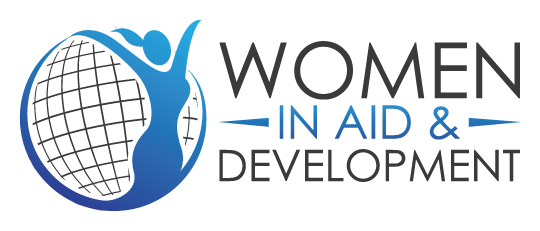4 interview mistakes you probably didn’t realize you were making
This post was written by Anett Grant for Fast Company. View the original article here.
Most people feel vulnerable when they walk into a job interview. Yes, you have your track record, your skills, your personality, and your personal brand, but you know that the ultimate power is with the interviewer. Whether it’s the recruiter, the HR leader, your potential boss, or a board member, they get to decide whether or not they want you to go through to the next stage.
The thing is, you can’t escape the feeling of being judged. That’s just part of the job interview process. You can, however, avoid making these four common mistakes—which many people make out of nervousness.
1. YOU KEEP REFERRING BACK TO YOUR RÉSUMÉ
There’s nothing wrong with using the phrase “As I wrote in my résumé . . .” once. But if you keep talking about your résumé, it sounds ambiguous and awkward. Are you trying to tell your interviewer that they should have studied your references beforehand, so they’d “get” what you’re saying? Are you trying to tell them that they should examine your résumé to really see who you are? Are you trying to say to them that you’ve prepared for this interview by memorizing and rehearsing your résumé?
It’s best to be in the moment when you’re in a job interview, so think about using phrases like “One of the highlights of my career is . . .” The key is to be clear and concise and be present with the interviewer.
2. YOU GET INTO CONFESSION MODE
Imagine this scenario: You’re in an interview to get a gig as a videographer. When you are asked, “Tell me about yourself . . .” you go into confession mode. You tell me about how you almost went out of business in 2008, and you had to lay off all your workers, and it took five years to recover financially. Stop.
What are you trying to tell the interviewer? That they should hire you as a videographer because you have suffered? While the bleeding-heart strategy may be unconscious, the impact of the behavior is real. When you take this approach, you’re not selling your work and your ideas. Think of an interview as an opportunity to add value going forward, not a confessional going backward. There’s nothing wrong with showing some honesty and humility, but you still need to make sure that you show the hiring manager what you learned from your mistakes, and how you’re overcoming your weaknesses.
3. YOU BECOME OVERLY FORMAL
When you were growing up, you probably heard a lot of don’ts. Don’t talk with your hands. Don’t slouch. Don’t fidget. Don’t look away. Don’t jiggle your leg. The list of don’ts could go on and on. So, what happens in an interview? Under pressure, you default to old directives. Those “don’ts” dominate, so you end up presenting yourself as a flat-paneled seat—stiff, wooden, tight—with your hands clasped together and your jaws clenched. Instead of showing your natural personality, you become a shell of yourself—disciplined at best and boring at worst.
To get beyond the “don’ts,” you have to focus on the “do’s.” That means sitting in the chair in a balanced way with your feet on the ground. Make sure to breathe so that your body relaxes, and show your personality. Resist the urge to hide in a cloud of self-criticism.
4. YOU DON’T GO WITH THE FLOW
Every interview has an energy level that forms the set point of the interview. So rather than pushing yourself to come on real strong, or pulling yourself back from coming on too strong, you have to find your neutral. You need to adjust to the energy in the room. The key is to make a connection and not keep yourself in a bubble.
Think about walking down the hall with a colleague. You naturally match strides. Now think about speaking to someone who has laryngitis. You’ll probably naturally start whispering without thinking twice about it. So your job in an interview is to allow yourself to get in sync with your decision maker naturally. Think about your rhythm—how you walk, how you move, and how much you say. You want to create a great feeling—not a data dump.
Job interviews are nerve-wracking. There’s no way around that. But by avoiding these four mistakes, you will be taking the most critical step forward in terms of acing the interview. You’ll have the awareness you need to make the choices you want, and you’ll be in a much better place to put your best self forward.
